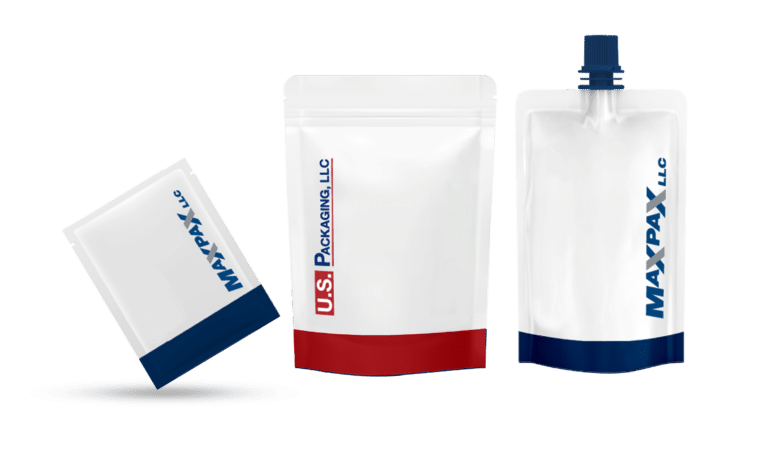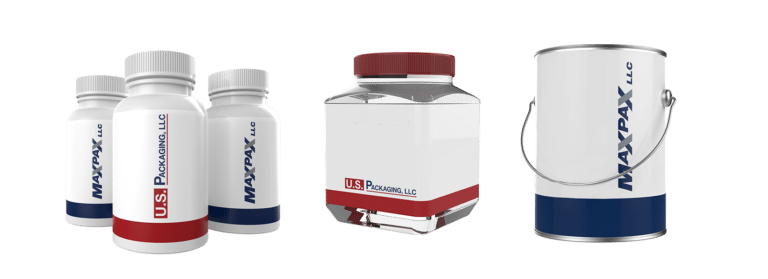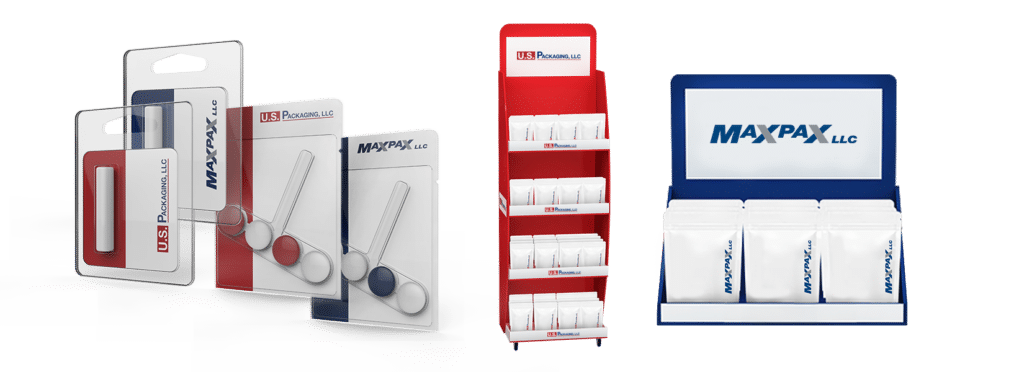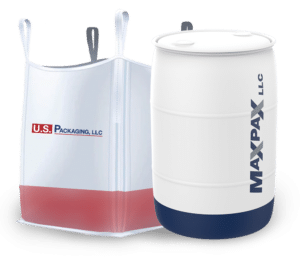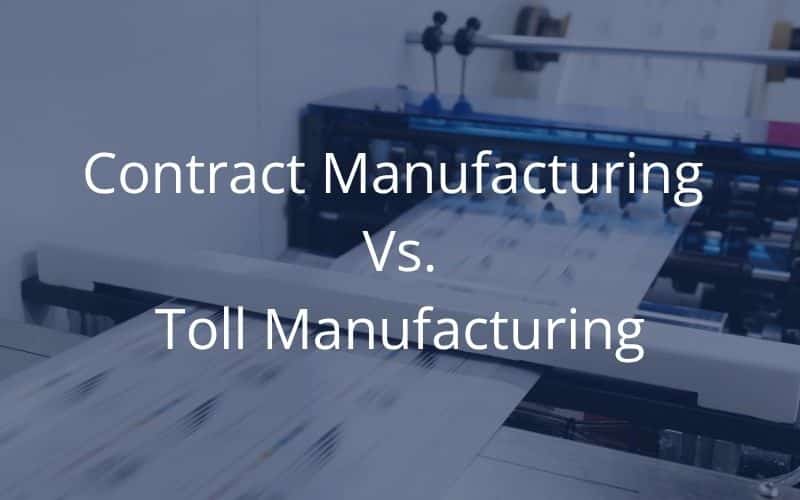
If you’re looking to outsource production, you may have come across two commonly used terms: contract manufacturing and toll manufacturing. They sound similar, but they represent two very different approaches.
Let’s break down what each one involves—and which model might work best for your business.
What Is Contract Manufacturing?
In contract manufacturing, a third-party manufacturer manages the entire production process. This typically includes sourcing raw materials, mixing or blending, filling, packaging, labeling, and ensuring quality control and compliance.
You provide the specifications and requirements, and the manufacturer handles everything else. It’s a turnkey service that minimizes your involvement in the day-to-day production operations.
What Is Toll Manufacturing?
Toll manufacturing, on the other hand, is a more hands-on approach. You, the client, supply the raw materials, and the toll manufacturer provides the equipment, labor, and facility needed to process those materials into finished goods.
In this model, you retain control over sourcing and often play a larger role in managing the production process.
Key Differences to Consider
The primary difference lies in who supplies the raw materials and the level of involvement you desire in the process.
With contract manufacturing, the manufacturer typically sources all materials, making it ideal for businesses looking to outsource production entirely.
With toll manufacturing, you’re still responsible for raw material procurement. This is often a better fit for companies that want to maintain control over sourcing, use proprietary ingredients, or have existing supplier relationships.
Which One Is Right for You?
You might choose contract manufacturing if:
- You want a hands-off, turnkey solution
- You’re launching a new product and need to get to market quickly.
- You lack internal production expertise or sourcing infrastructure.
Toll manufacturing might be a better fit if:
- You want to control where raw materials come from
- You have proprietary formulas or unique supply chain needs
- You need production capacity but want to manage inputs yourself
Understanding the difference between contract manufacturing and toll manufacturing is essential to making the right decision for your product and operations. Both models can support growth—it just depends on how much control and responsibility you want to retain.
At MaxUS Operations, we specialize in contract manufacturing solutions that offer speed, scale, and full-service support. When you’re ready for a partner who can take your product from concept to packaging, we’re here to help.



